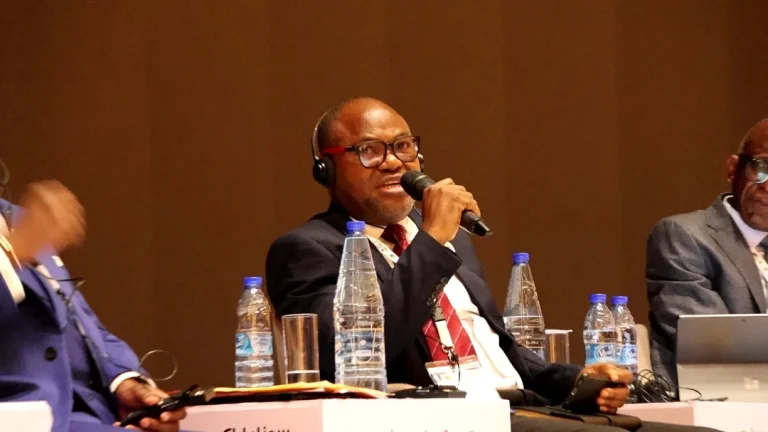Petroleum Technology Association of Nigeria (PETAN) has urged African governments to deepen public–private sector collaboration to strengthen the continent’s oil and gas value chain.
PETAN Chairman, Mr Wole Ogunsanya, in statement on Sunday in Lagos, was quoted to have made the call at the 4th Conference and Exhibition on Local Content in the African Oil and Gas Industry (CECLA).
The event was organised by the African Petroleum Producers Organisation (APPO) in Kintélé, Brazzaville, Congo.
Ogunsanya, represented by the association’s Secretary, Mr Kevin Nwanze, said the country’s local content model had been proven to be a pathway to sustainable industry growth.
He said Nigeria’s local content achievements, anchored on the Nigerian Oil and Gas Industry Content Development (NOGICD) Act and implemented by the Nigerian Content Development and Monitoring Board (NCDMB).
This, he noted, had raised in-country value retention from five per cent in 2010 to 56 per cent in 2024, adding that the model worth replicating across Africa.
“Collaboration is no longer a ‘nice-to-have’ but a ‘must-have’ for sustainable local content in Africa’s oil and gas industry,” he said.
Ogunsanya noted that the increasing complexity of oil and gas projects demands stronger cooperation among operators, international oil companies, and local suppliers.
The chairman warned that weak policies, limited financing, trust deficits, and capacity gaps remain major obstacles to effective collaboration on the continent.
He called for clearer regulatory frameworks, transparent procurement systems, open publication of contract awards, and strong oversight mechanisms, describing them as “non-negotiable” for trust-driven partnerships.
On Nigeria’s progress, Ogunsanya cited successful collaboration models enabled by the NOGICD Act, including the Egina FPSO topsides engineering consortium, the EnServ–Schlumberger alliance, and the Kwale Gas Gathering (KGG) Hub.
He added that Africa must now build long-term supplier capability and invest in emerging technologies such as renewable integration, carbon capture, utilisation and storage (CCUS), and oil and gas decommissioning.
“What has worked in Nigeria can work elsewhere. The NOGICD model is ripe for adaptation by other African jurisdictions seeking real local content growth,” he said.
Ogunsanya, added that strong regulation and empowered local content institutions remain critical to sustaining progress.


